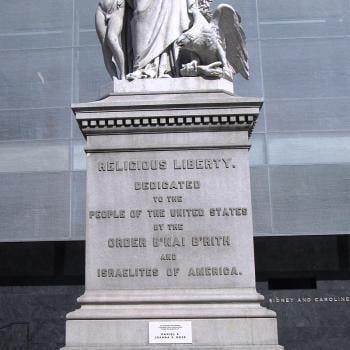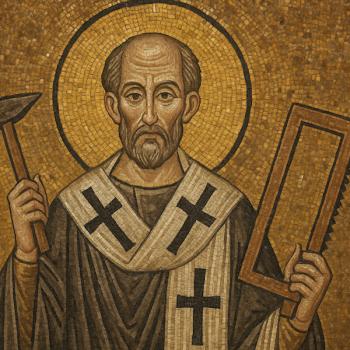By Ariel Ezrahi

Intellectually, we Israelis all know that economic cooperation with our Arab brethren is a positive thing, a goal to strive for. But our business practices reflect little progress in attaining such a goal.
We all know of grand schemes such as Israeli billionaire Yitzhak Tshuva's involvement in the Red Sea - Dead Sea Canal, a canal that would run from the Red Sea to the Dead Sea and provide electricity and water to Jordan, Israel, and the Palestinian Authority. We know that Tshuva was planning on bringing the Saudi Prince Al Waleed Bin Talal on board, and that fellow Israeli businessman Nochi Dankner is interested in importing liquefied natural gas from Qatar to Israel. We may also imagine that top Israeli industrialists shared a raclette with their Arab counterparts in Davos. However, whilst these activities are welcome and indeed should be encouraged to set an example, economic cooperation need not be exclusively the domain of our billionaires and top businessmen. We can all take small steps, which cumulatively can make a difference.
Many Israelis are waiting for peace with the Arabs before venturing into new partnerships, but this need not be the case. For starters, I recommend taking a little trip abroad, studying or working in a non-Middle Eastern setting such as London or Paris. Here you would be bound to meet young Arabs interested in furthering their career and meeting international people. As friendships are forged and future contacts established, this could prove to be the groundwork for future business endeavors. Having studied and worked in England, I have found that interacting with our Arab neighbors, in such a non-Middle Eastern setting was much more feasible (at this stage, in any event) than any such interaction could be from within Israel, particularly in relation to the Gulf countries.
You may think the future is in China, and like some Israelis, decide to study Chinese so that when China emerges as a, if not the, super power, you are well placed to ride the wave of success. I would like to offer an alternative route to potential success.
Dubai, for instance, is one of the world's most important financial centers. So when considering that high-flying business career and doing an MBA whilst studying Chinese, you may consider alternatively doing an MBA whilst studying Arabic. Dubai is closer to home and the hummus is better than in China.
Where "high intensity political" actions are not possible, "low intensity political" actions may play a constructive role. In this context, the directors of the MBA programs at Israel's universities and colleges, in conjunction with major western financial institutions, could establish a program whereby students can spend several months in Dubai obtaining practical work experience.
While Israelis often experience travel restrictions within the Gulf States, there are still many pragmatic ways of ensuring the success of such a program. For example, many Israelis have foreign passports, and the Spanish government was able to issue temporary Spanish passports to musicians of Daniel Barenboim's East West Divan orchestra, enabling them to travel and play music across hostile borders. Could not an EU country once again step in to issue European passports, albeit temporary, to enable these kinds of important professional exchanges?
In the absence of peace between Israel and its Arab neighbors, economic cooperation can still be fostered. Another area of common ground could be in the field of solar energy. Israel has one of the world's most developed solar energy markets. Israeli solar companies are not just working on projects in Israel, but in Spain, Italy, and throughout the world. Can we not work with our Arab neighbors, who like ourselves are hydrocarbon poor, in order to make this renewable energy source more widespread? The abundance of sun in the region renders it a bright source for solar energy cooperation. Following the 1991 Madrid peace conference, there were proposals put forward regarding solar energy cooperation, however, little has emerged from this to date. Interestingly enough, recently, there was a conference on the matter where proposals were discussed for solar plants in Eilat in cooperation with Jordan -- time will tell whether anything concrete emerges from this.
On another note, perhaps our banks could consider offering Islamic finance products. At the moment this might seem far fetched, but eventually, offering such products would not only enable such banks to further enter into the Palestinian and Arab Israeli market, but equally could provide a bridge between Israeli and Arab banking. Perhaps Arab investors would take an interest in such banks, which in turn could provide them a useful platform into the Israeli market. An Islamic Sukuk bond from the Israeli Bank Hapoalim may not be initially of interest to your average Tel-Avivian, but it may be to your average Palestinian or Emirati, for instance.




